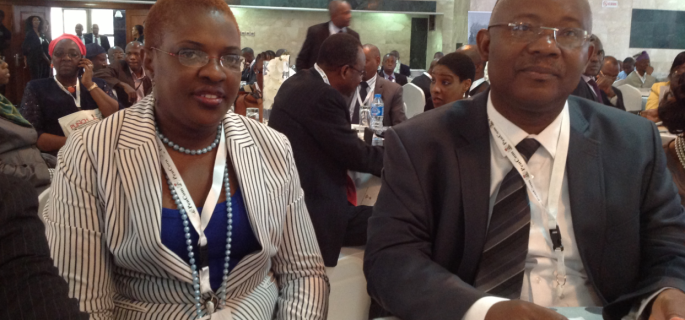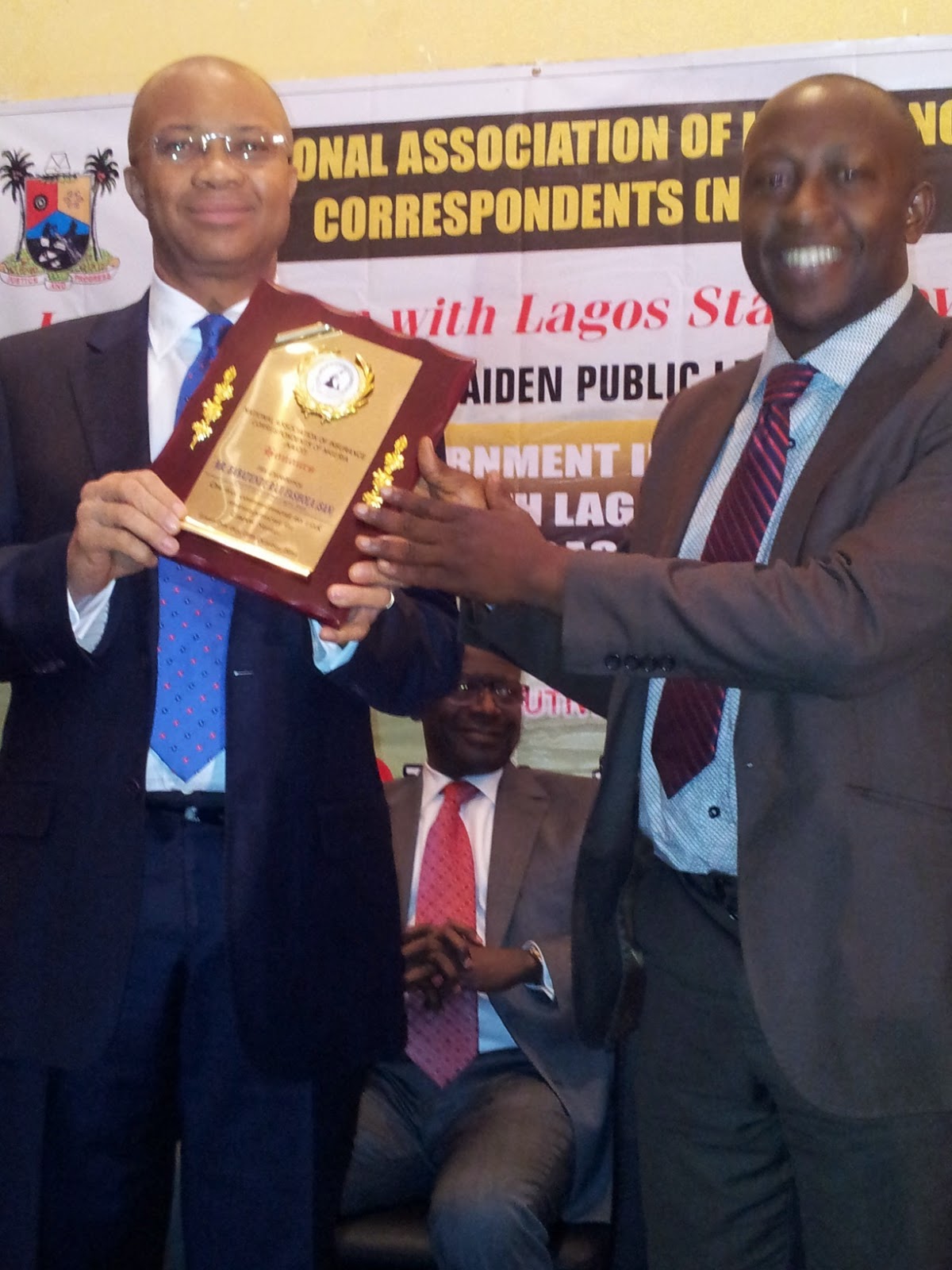Summit to address burning issues and challenges faced by the MEA region and brainstorm on solutions that will achieve the vision to have a regulated, consolidated and lucrative business model in the dynamic and ever-growing insurance sector.
Middle East and Africa promises astounding growth and potential in the insurance sector with the Middle East witnessing a rapid trend of mandatory health insurance in major countries along with an increased awareness for product innovations and enhancing the distribution channels.
Authorities and administrative heads of Middle East and Africa, are involved in a continuous effort to promote the growth and development of the region's insurance industry.
Laws have been passed to establish independent insurance regulatory authorities. Health and Automobile insurance have been made compulsory as an attempt to boost universal access to quality insurance services along with attracting leading market players and investment in the sector.
The authorities are also making efforts to address several other challenges such as building talent base, enhancing public awareness, developing takaful and promoting regional insurance market in order to avail a sustained growth in the insurance sector.
Considering all these facts, it is evident that the MEA region offers unprecedented opportunities for the global insurance leaders to reap the benefits of this emerging market. The region promises astounding potential in terms of sustainable growth, with an emerging trend of product innovations and enhanced distribution channels.
In the coming years, the MEA region will witness a sustained economic growth with the support of more and more investment in the insurance sector. Emerging countries in Africa are witnessing a liberalized economy and political stability thus promising a healthy financial growth.
Summarizing reports from different speculations, development in the insurance sector will ensure a diversified and modernized economy, creating sufficient employment opportunities, safer and stabilized standard of living, as well as FDI, safeguarding growth across all the sectors.
Keeping these crucial changes in the insurance sector in mind, and understanding the need to address the growth strategies of the sector, Fleming Gulf returns with the 5th edition of the Middle East and Africa Insurance Summit.
Taking place on the 19th and 20th of January, 2015 in Dubai, UAE, this summit will gather CEO's and insurance experts from across the region to address burning issues and challenges faced by the MEA region and brainstorm on solutions that will achieve the vision to have a regulated, consolidated and lucrative business model in the dynamic and ever-growing insurance sector.
Featuring dynamic CEO panel discussions, updates on hot topics such as alternative risk transfer, Credit and trade insurance, IT and Cyber risk, strategies on Takaful and Re Takaful, the summit will help gain insights on the future of this sector in the MEA region.
-Ends-
Media Contact:
Mohor Mukherjee
© Press Release 2014
© Copyright Zawya. All Rights Reserved





















